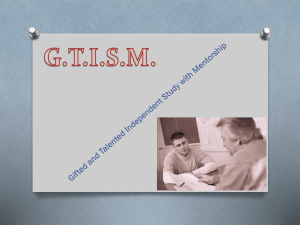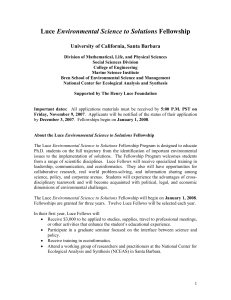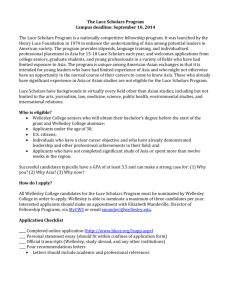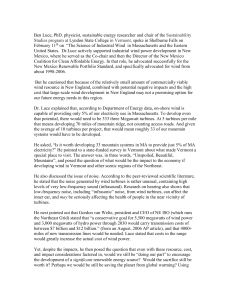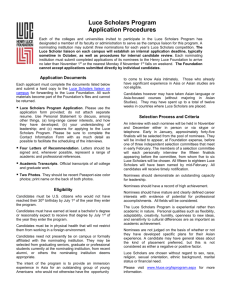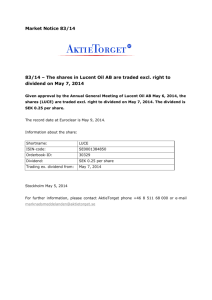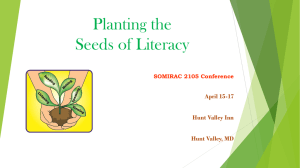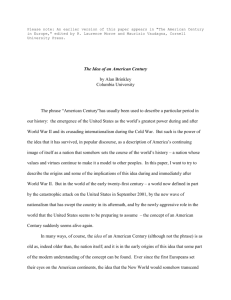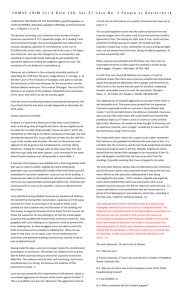What Casanova Told Me
advertisement
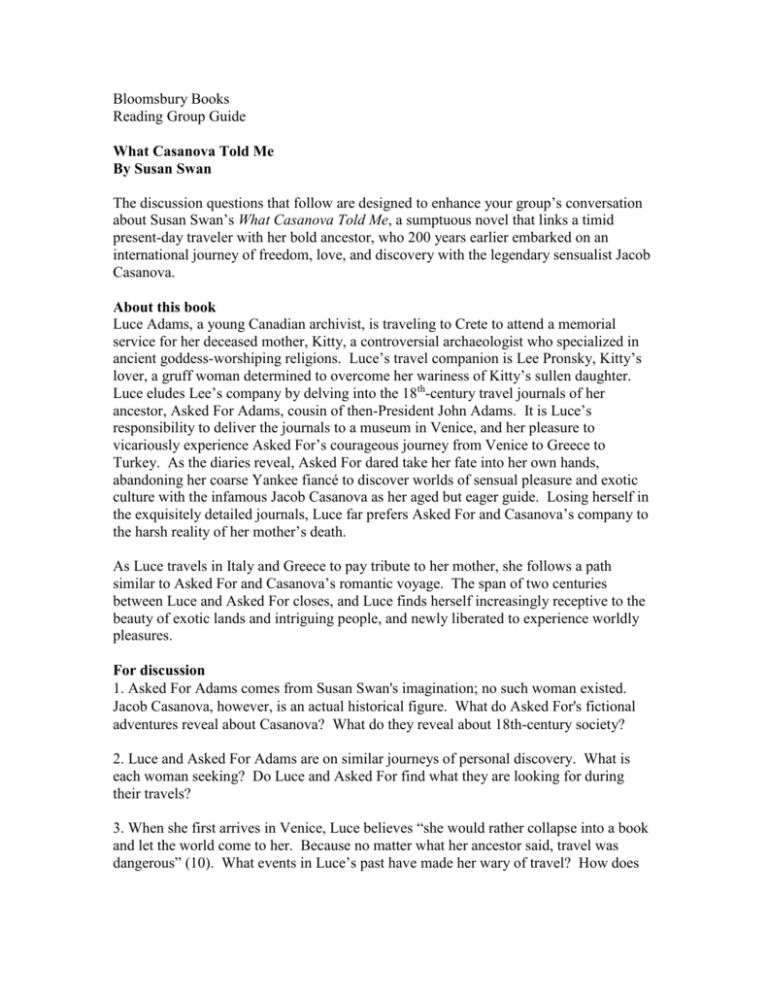
Bloomsbury Books Reading Group Guide What Casanova Told Me By Susan Swan The discussion questions that follow are designed to enhance your group’s conversation about Susan Swan’s What Casanova Told Me, a sumptuous novel that links a timid present-day traveler with her bold ancestor, who 200 years earlier embarked on an international journey of freedom, love, and discovery with the legendary sensualist Jacob Casanova. About this book Luce Adams, a young Canadian archivist, is traveling to Crete to attend a memorial service for her deceased mother, Kitty, a controversial archaeologist who specialized in ancient goddess-worshiping religions. Luce’s travel companion is Lee Pronsky, Kitty’s lover, a gruff woman determined to overcome her wariness of Kitty’s sullen daughter. Luce eludes Lee’s company by delving into the 18th-century travel journals of her ancestor, Asked For Adams, cousin of then-President John Adams. It is Luce’s responsibility to deliver the journals to a museum in Venice, and her pleasure to vicariously experience Asked For’s courageous journey from Venice to Greece to Turkey. As the diaries reveal, Asked For dared take her fate into her own hands, abandoning her coarse Yankee fiancé to discover worlds of sensual pleasure and exotic culture with the infamous Jacob Casanova as her aged but eager guide. Losing herself in the exquisitely detailed journals, Luce far prefers Asked For and Casanova’s company to the harsh reality of her mother’s death. As Luce travels in Italy and Greece to pay tribute to her mother, she follows a path similar to Asked For and Casanova’s romantic voyage. The span of two centuries between Luce and Asked For closes, and Luce finds herself increasingly receptive to the beauty of exotic lands and intriguing people, and newly liberated to experience worldly pleasures. For discussion 1. Asked For Adams comes from Susan Swan's imagination; no such woman existed. Jacob Casanova, however, is an actual historical figure. What do Asked For's fictional adventures reveal about Casanova? What do they reveal about 18th-century society? 2. Luce and Asked For Adams are on similar journeys of personal discovery. What is each woman seeking? Do Luce and Asked For find what they are looking for during their travels? 3. When she first arrives in Venice, Luce believes “she would rather collapse into a book and let the world come to her. Because no matter what her ancestor said, travel was dangerous” (10). What events in Luce’s past have made her wary of travel? How does her attitude toward travel evolve over the course of her journey? How does she reconcile her bookish nature with her change in attitude? 4. Why does Asked For abandon her fiancé – and her father’s dying wish for her to marry Francis Gooch – to travel with Casanova, who is practically a stranger to her? What type of allure does Casanova hold for Asked For? How is her relationship with Casanova based on deception and disguise? 5. Why does Luce bring the pendulum kit in her luggage? How do her inquiries of the pendulum kit about love (111) and travel (230) suggest a change in perspective? Is Luce breaking away from her sensible nature, or can her logic and faith coexist? 6. Asked For and Luce have both been in the position of feeling responsible for a parent. What similarities can be found between Asked For’s father and Luce’s mother? What duties do Asked For and Luce fulfill, and in what ways does each character rebel against her parent’s ideology? Does either woman come to terms with her resentment toward her parent? 7. Discuss the character Lee Pronsky. Is she a sympathetic character? What are her motivations in traveling with Luce? 8. Asked For Adams claims she learned from Jacob Casanova “the one lesson worth learning: Never try to realize the ideal, but find the ideal in the real” (8). How does Casanova live by this principle? Are there instances in which his actions contradict this lesson? 9. Lee tells Luce in a letter that Kitty died while trying to help Constantine, a Greek man for whom she felt maternal love (235). How does this revelation alter Luce’s perception of her relationship to her mother? How does it affect Luce’s relationship with Lee? 10. Over the course of her travels, Asked For appears to undergo a physical transformation, from the mannish “shape of My Poor Friend” (19) to the awe-inspiring likeness of a goddess (207, 265). What brings about this perceived transformation? To what degree is Asked For’s physical self a reflection of her state of mind? 11. Luce tells Ender that her personal faith is “a belief in the importance of keeping records’” (263). How does Luce’s belief compare to the five faiths that Asked For lists in her diary as the most important and the most pleasurable (8)? 12. Asked For admits that she had figured out that Casanova forged Aimée Dubucq de Rivery’s love letters (291). Why did Asked For allow Casanova’s deception about Aimée to continue? What might have happened if she had stopped his charade? 13. Susan Swan has commented, “I had the idea of the novel really being in only one tense – the historical present” (Vancouver Sun 1/8/05). Does Swan succeed in smoothly interweaving the historical and present-day elements of the novel? Which scenes blend the past and the present most seamlessly? 14. In addition to the poignant stories of love and adventure in the past and present, What Casanova Told Me is part travelogue. How are Italy, Greece, and Turkey appropriate settings for Luce and Asked For’s expeditions of self-discovery? What does the novel reveal about this part of the world? 15. In accordance with Casanova’s second Primary Principle of Travel (9), Luce writes down two wishes: first, “‘I want to meet someone like Casanova,’” then instead, “‘I want to meet someone who can show me that love doesn’t mean disappointment’” (111). Later, the epilogue implies that Luce has found a partner in Ender Mercid, the Turkish art historian who translated part of Asked For’s adventures. Which of Luce’s two wishes has come true? Does Ender resemble Casanova? Does he represent a possible end to Luce’s skepticism of love? 16. Asked For never sees Casanova again after he leaves her in Constantinople, and she never returns to her family in America. Despite these woes, can the remainder of Asked For’s life be seen as a happy ending? What were her later accomplishments? Do they outweigh her heartbreak? 17. According to reviewer Aritha van Herk, Susan Swan is “one of the finest Canadian chroniclers of inveterate fictional travelers, lusty women who look down on the world from a superior height, unafraid of encounters in dark alleys or caverns, but less sure about their own shadows” (Toronto Globe and Mail 9/18/04, p. D6). How does this character description fit Luce and Asked For, and how does it differ? Suggested reading Giacomo Casanova, The Story of My Life; A. S. Byatt, Possession; Carol Shields, Stone Diaries; Andrei Codrescu, Casanova in Bohemia; E. M. Forster, A Room with a View; Louis de Bernieres, Captain Corelli’s Mandolin; Elizabeth von Arnim, The Enchanted April; Julian Barnes, Flaubert’s Parrot; Frances Mayes, Under the Tuscan Sun. Susan Swan is the author of The Wives of Bath, The Biggest Modern Woman of the World, and The Last of the Golden Girls. She lives in Toronto.
